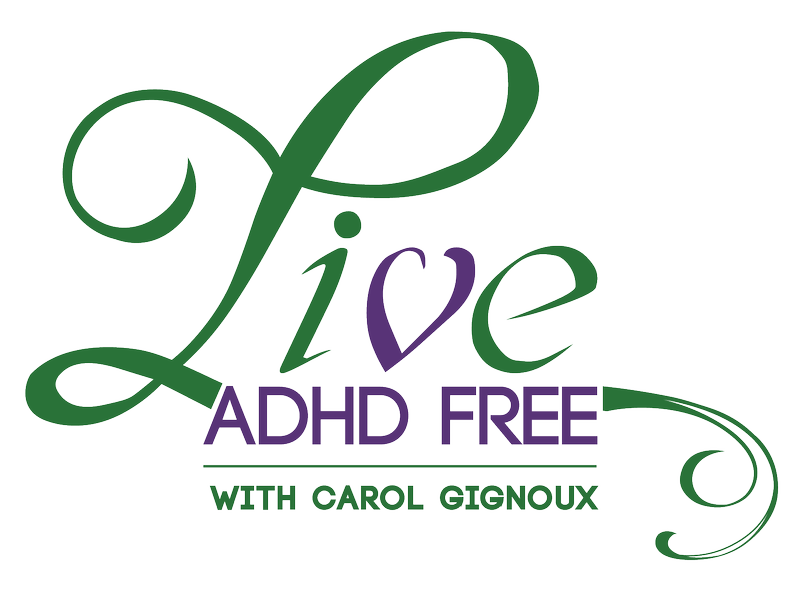ADHD awareness is important in the modern world
October is officially ADHD Awareness Month. This dates back to 2004 when the Senate passed a resolution creating ADHD Awareness Day. Since then, awareness day has grown to awareness month. The visibility surrounding ADHD has increased tremendously. But that doesn’t mean my job as an ADHD professional and expert is done. There are many misconceptions regarding ADHD. It’s important to continue to educate and communicate.
ADHD isn’t imagined or just a “label” to place on someone who is hyperactive and impulsive. It’s much more than that in that those with ADHD have differently wired brains than their non-afflicted counterparts. True ADHD awareness comes with the better understanding of the truth of ADHD.
Becoming aware, informed and empowered
Awareness expands the desire to question common beliefs about ADHD. Awareness leads to undersanding. To understand the reality of ADHD, you must go beyond the psychiatric definition and resulting stigma.
Becoming better informed causes us to question the psychiatric definition and description. Is it accurate? Is it true? Does ADHD look different amongst the spectrum of individuals it impacts? ADHD isn’t a cookie cutter condition. There are many shades of gray around an ADHD diagnosis.
Developing a more accurate description causes a new appreciation and understanding of the true nature of ADHD to emerge. This allows people to get the help they need. If we understand it better, it becomes less of a detriment. There’s no reason for any child, adolescent or adult to be ashamed. ADHD can actually be an asset once you learn how to manage it.
Tell your story. Share your experiences. Be a voice that addresses the true nature of ADHD as Innovator Brain types and first class problem solvers. This changes the public perception and erases the stigma.
Take action today
Learn more about how to confront your own ADHD or how to help others take control of their life. ADHD awareness is about everyone, impacted or not, understanding and appreciating its benefits and challenges.

